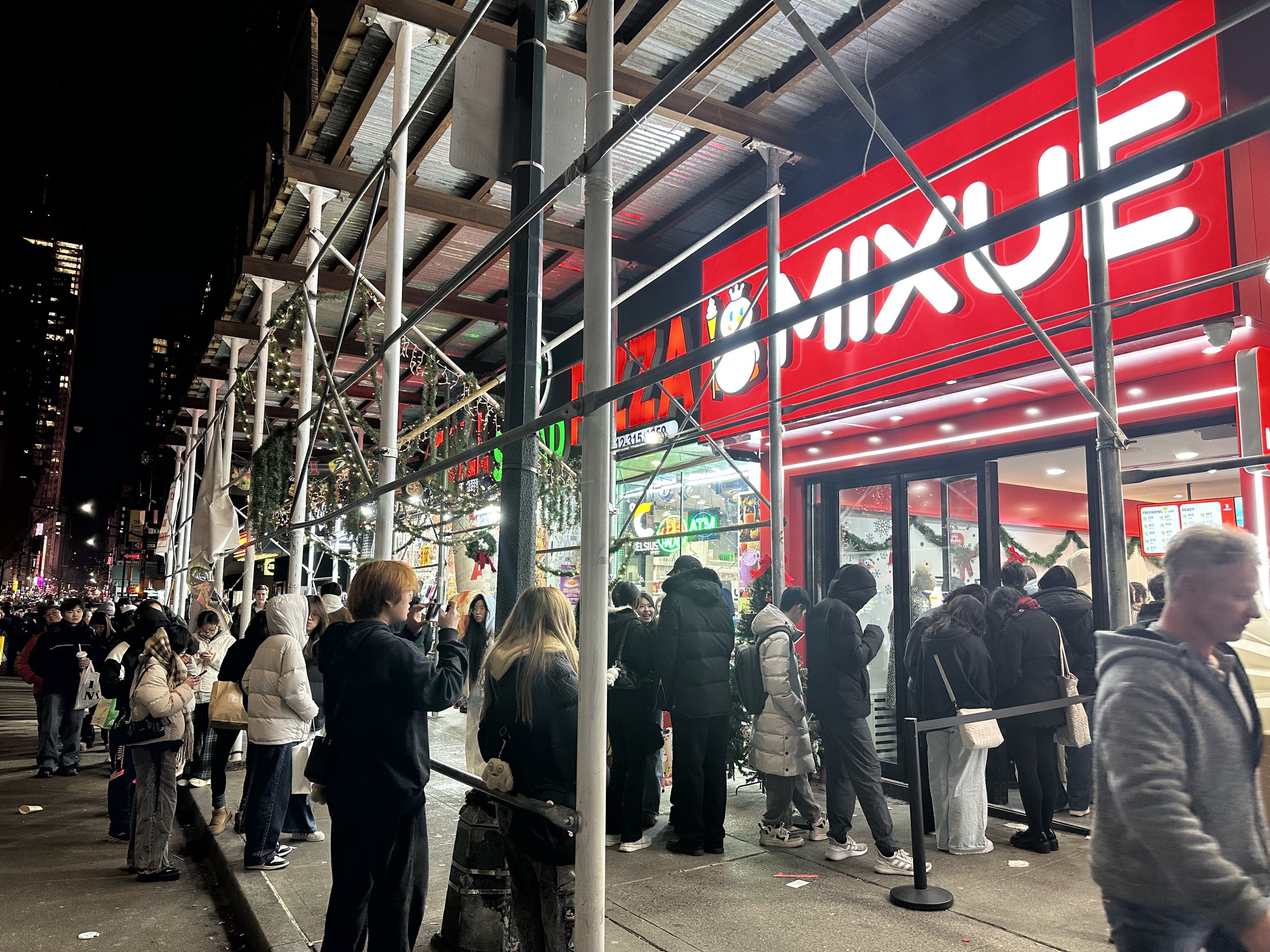Target will restart its expansion again this year with plans to open 30 new big-box stores in 2026 and more in 2027. This March alone, Target will open seven stores in the following cities:
- Bakersfield, Calif. (6301 Gosford Rd. across from Gosford Village); Approx. 148,000 sq. ft.
- Delano, Calif. (321 Woollomes Ave. near the Vineyard); Approx. 148,200 sq. ft.
- Springfield, Mo. (3444 W. Sunshine Street at the Sunshine Centre); Approx. 148,000 sq. ft.
- Jersey City, N.J. (104 Sip Avenue, a small 40,000-sq.-ft. urban store at Journal Square mixed-use complex)
- Fuquay Varina, N.C. (3200 Gold Ring Rd. at Gold Leaf Crossing); Approx. 148,000 sq. ft.
- Oak Cliff, Texas (655 W. Illinois Avenue at Wynnewood Village); Approx. 111,000 sq. ft.
- West Orange, N.J. (235 Prospect Avenue at the West Orange Plaza); Approx. 150,000 sq. ft.
Additional Target stores are planned for:
- Buckeye, Ariz.; Approx. 148,000 sq. ft.
- Casa Grande, Ariz.; Approx. 128,000 sq. ft.
- Mesa, Ariz.; Approx. 148,000 sq. ft.
- Perris, Calif.; Approx. 150,000 sq. ft.
- Denver, Col. at Denver Valley Ranch; Approx. 150,000 sq ft.
- Firestone, Col.; Approx.128,000 sq. ft.
- Clearwater, Fla. at Countryside; Approx. 138,000 sq. ft.
- Fort Lauderdale, Fla. at Cypress Creek Station; Approx. 121,000 sq. ft
- Lake Nona south or Orlando, Fla.; Approx. 149,000 sq. ft.
- Trail Winds Village, Florida; Approx. 136,900 sq. ft.
- Winter Haven, Fla.; Approx. 149,000 sq. ft.
- Covington Alcovy Road, Georgia; Approx. 128,500 sq. ft.
- Pine Ridge Mall in Pocatello Chubbuck, Idaho; Approx. 128,000 sq. ft.
- Frankfort, Ky.; Approx. 128,000 sq. ft.
- Denham Springs, La.; Approx. 148,000 sq. ft.
- Springfield, Mass.; Approx. 128,000 sq. ft.
- Davison, Mich.; Approx. 128,600 sq. ft.
- University City, Mo.; Approx. 149,900 sq. ft.
- Tupelo, Miss.; Approx. 148,700 sq. ft.
- Fayetteville, N.C.; Approx.128,000 sq. ft.
- Mebane, N.C.; Approx. 128,000 sq. ft.
- Myrtle Grove, N.C.; Approx. 128,000 sq. ft.
- Selma, N.C.; Approx. 130,000 sq. ft.
- Bridgehampton, N.Y.; Approx. 90,000 sq. ft.
- Lima Mall in Lima, Ohio; Approx. 128,000 sq. ft.
- Hermitage, Penn.; Approx. 129,000 sq. ft.
- Lexington, S.C.; Approx. 129,000 sq. ft.
- Seneca, S.C.; Approx. 128,855 sq. ft.
- Brookings, S.D.; Approx. 127,000 sq. ft.
- Forney, Texas; Approx. 148,900 sq. ft.
- Fort Worth, Texas; Approx. 149,000 sq.
- Katy, Texas; Approx. 148,000 sq. ft.
- Little Elm, Texas; Approx. 148,000 sq. ft
- Herriman, Utah; Approx. 128,800 sq. ft.
- Lehi, Utah; Approx. 128,700 sq. ft.
- Logan, Utah; Approx. 148,771 sq. ft.
- Norfolk Wards Corner; Approx. 129,000 sq. ft.
- Brown Deer, Wis.; Approx. 128,000 sq. ft.
Read more: Target to Start Store-Opening Spree This March (Progressive Grocer)


